Factbox: Who is Elizabeth Tsurkov, a Mossad and CIA spy held in Iraq?
By Press TV Staff Writer
On Monday, Iraqi media network Al Rabiaa TV broadcast a video in which Elizabeth Tsurkov, an Israeli woman with dual Israeli-Russian citizenship who went missing in Iraq in late March, confessed to being a Mossad spy.
The video, shared widely on social media by multiple regional media outlets, showed her wearing a black shirt and speaking to the camera in Hebrew for a little more than four minutes.
The Lebanon-based independent news magazine The Cradle published a shortened video with an English translation on platform X (formerly Twitter), summarizing the main points.
"My name is Elizabeth Tsurkov, I am an Israeli citizen and I worked for Mossad and the CIA," Tsurkov said, confirming earlier suspicions that she is closely linked to Israeli and Western spy agencies.
"I worked in Syria in order to establish relations between Israel and the Syrian Democratic Forces (SDF)," she hastened to add, also confirming the earlier analysis by the Press TV website that detailed her involvement in plans for regime change in that country.
"I also worked in Iraq on the disunity issue, to strengthen disputes, by coordinating protests in Iraq. We worked on fueling tensions in order to facilitate inter-Shia clashes inside Iraq," she explained.
Tsurkov said she was held in an Iraqi prison for seven months and no effort was made by the Israeli regime to secure her release.
The Cradle was the first media to publish the news about her disappearance in Iraq on July 5, citing information from security sources in the Arab country.
Israeli Prime Minister Benjamin Netanyahu at the time confirmed her disappearance, a day after the report was published, claiming the Iraqi resistance group Kataeb Hezbollah had kidnapped her, an allegation the group vehemently denied.
After Netanyahu’s office issued its statement, many acquaintances of Tsurkov tweeted support for her, claiming that she was a researcher, pro-Palestinian human rights activist and opponent of the Zionist occupation.
They also pointed out that she is a PhD student at the US-based Princeton University, and that she was visiting Iraq to conduct research for her doctoral dissertation on the Sadrist movement, which is led by popular Iraqi cleric Muqtada al-Sadr.
She was last reportedly seen in a Baghdad cafe on March 26 where she planned to meet a Shia cleric and make contact with his cousin, a senior official of the Kataeb Hezbollah.
Her interests raised the suspicions of the Iraqis and although she was using a Russian passport, her Israeli citizenship was soon exposed, after which she was captured.
Questioning claims that she is a "friend of the Palestinians," independent analysts soon unearthed a series of open-source data linking her directly to the Israeli military, intelligence services and affiliated organizations.
In one of her tweets, Tsurkov openly boasted that she was in the military intelligence units of the Israeli army and that its female members also participate in combat roles.
After joining military intelligence during the Israeli invasion of Lebanon in 2006, she remained a reservist until at least 2011.
Since then, she has continued to work with intelligence agencies, though perhaps without being an officer in any particular capacity or agency.
It was also discovered that Tsurkov is the child of Soviet immigrants who lived in Zionist kibbutzim in the occupied West Bank, illegal under international law and the stance of the majority of countries in the world.
Their kibbutz community refused to allow Arabs to join their Kibbutzim and was by all accounts enthusiastic participants in the ethnic cleansing of the Nakba.
Contrary to what she and her apologists claim, there is no evidence that she has stood up for Palestinian rights, however, her involvement in various Israeli government programs and neoconservative organizations is well documented.
Analysts revealed that Tsurkov also entered Lebanon on a Russian passport issued under the name Elizaveta Tsurkova, a slight variation from the name she uses publicly.
She entered in the same way as in Iraq, which raises suspicion because both Arab countries ban Israeli passports and contact with Israel.
Her visit to Lebanon was not of a research nature. The Lebanese security officials were investigating the identities of those Tsurkov communicated with, and who may have facilitated her visit.
During her visit to Iraq, Tsurkov let it be known in Arabic media interviews that she opposed "Eastern" influence in Iraq, in other words, the role of Iran, which reveals the purpose of her secret missions.
Her role and confession are collinear with the previously elaborated plans of Western powers to cause internal and regional unrest throughout the West Asian countries, under the guise of sectarian conflict.
VIDEO | More Zionist than Zionists: Biden’s legacy to be defined by Gaza genocide
Hamas confirms handing approval of Gaza ceasefire deal to mediators
VIDEO | Iran: Show of strength
UNRWA will ‘stay, deliver’ aid to Palestinians despite Israel’s ban: Lazzarini
Explainer: What makes Iran's Rezvan and Raad loitering munitions prized assets?
VIDEO | Unseen agony: Missing loved ones of genocide in Gaza
Iran cuts gold import tariff to zero
Pezeshkian: Iran determined to develop, boost ties with neighbors


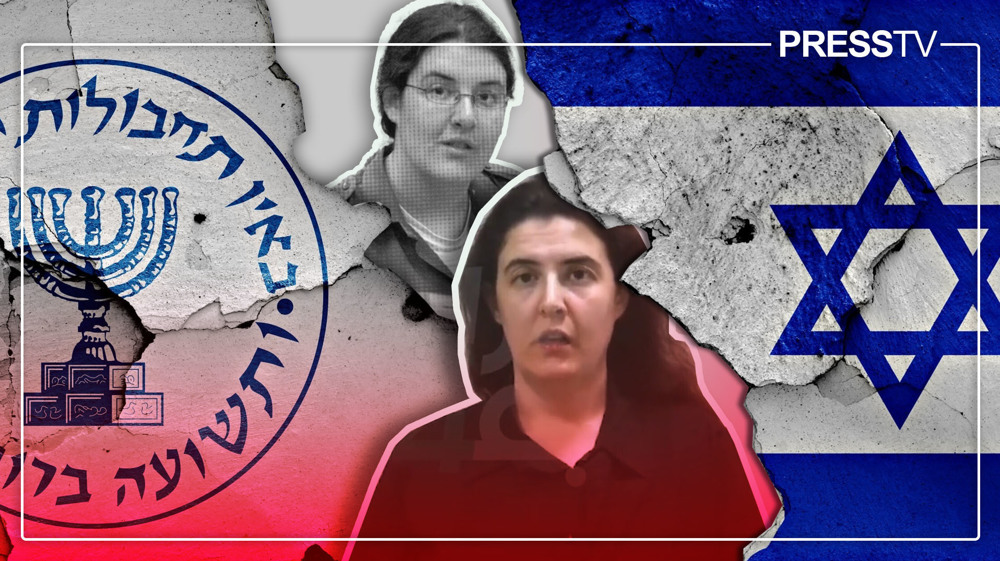
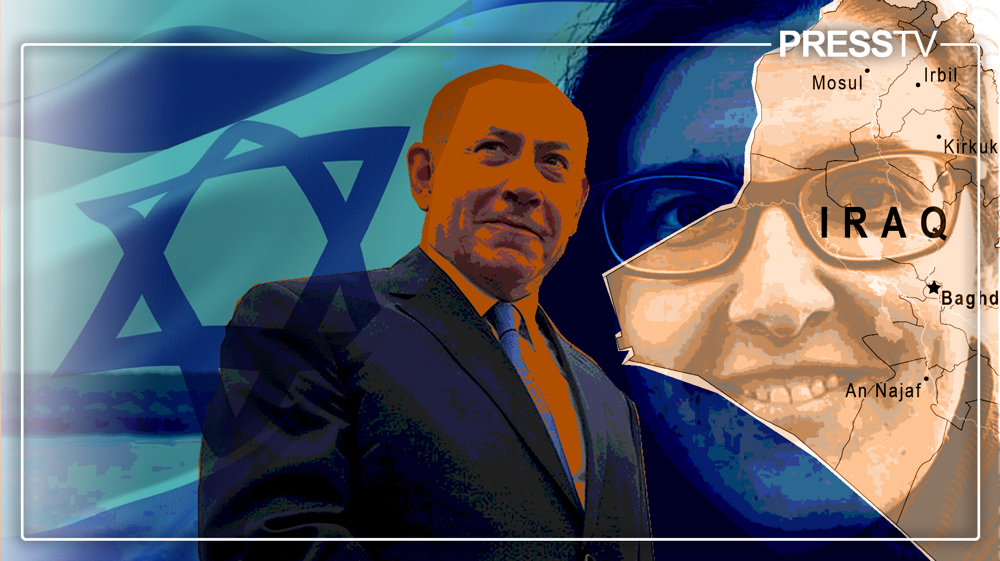
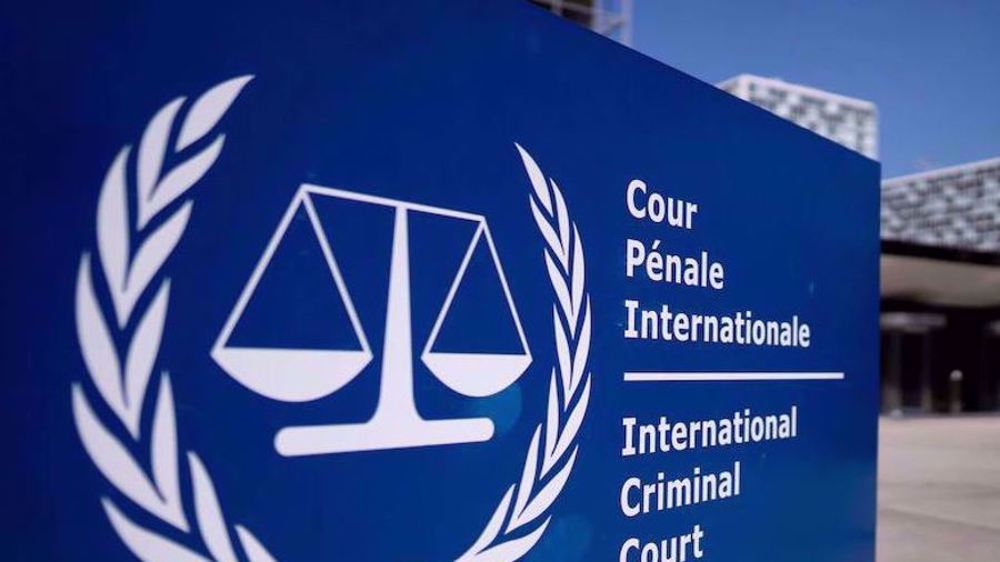

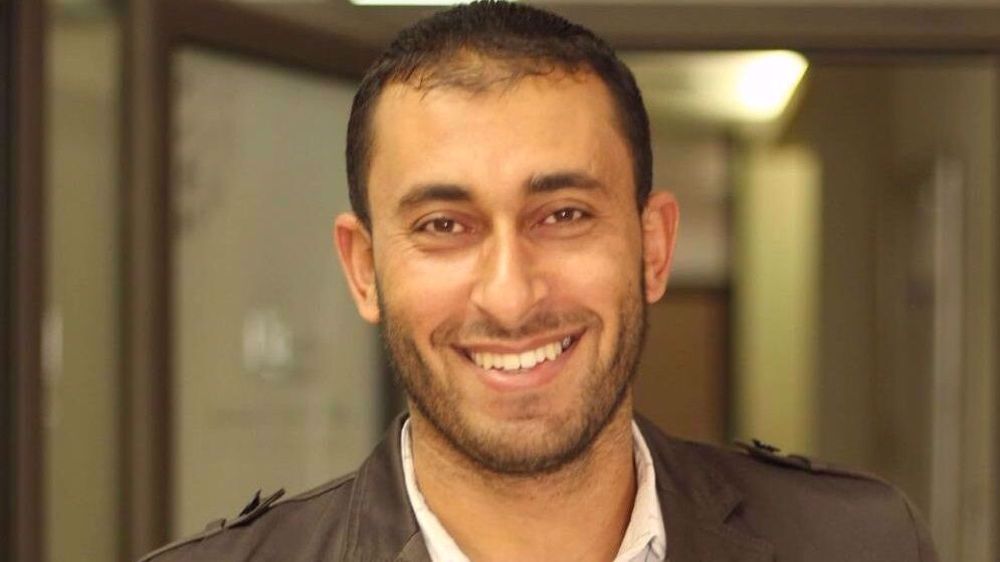



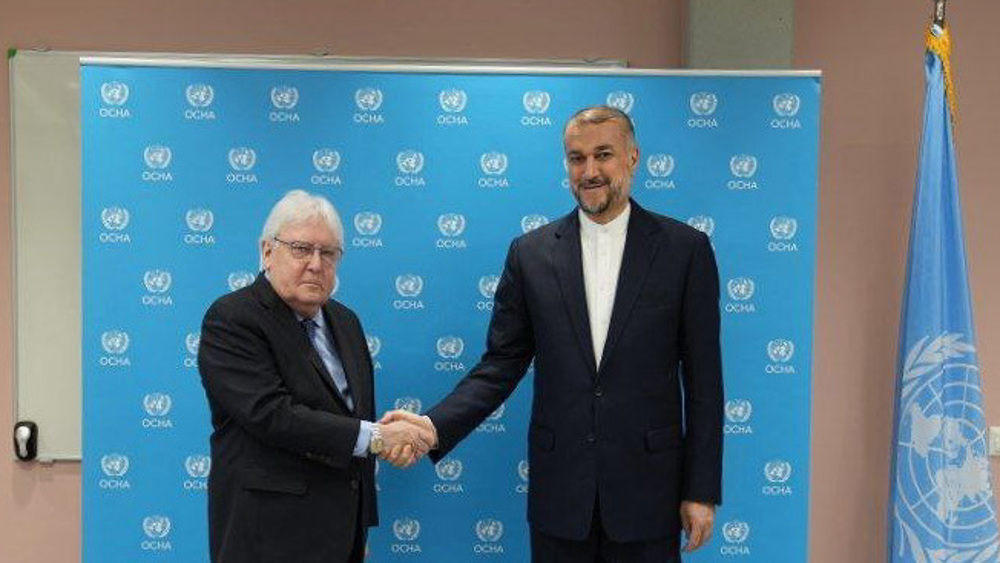





 This makes it easy to access the Press TV website
This makes it easy to access the Press TV website